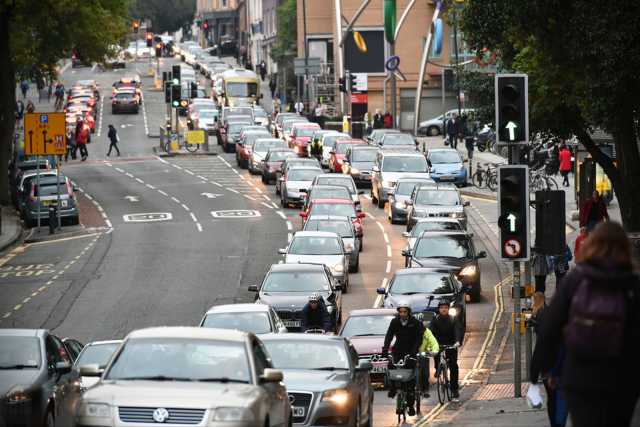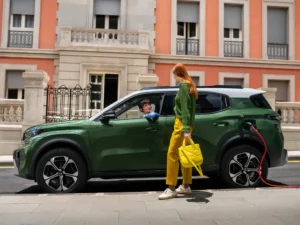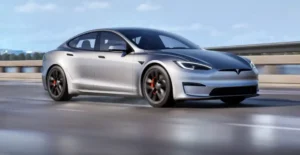Drivers of older, more polluting cars and vans will be hit with an extra £10 charge to drive in central London from 23 October 2017, the Mayor of London has confirmed.
The new toxicity charge, known as T-charge, will affect both diesel and petrol cars with pre-Euro 4 engines, broadly those registered before 2005. It is designed to improve London’s air quality, and will work alongside the existing £11.50 congestion charge during the same 7am to 6pm, Monday to Friday, window. The new levy is expected to affect up to 10,000 vehicles.
Confirming the fee, London Mayor, Sadiq Khan said:
“It’s staggering that we live in a city where the air is so toxic that many of our children are growing up with lung problems. If we don’t make drastic changes now we won’t be protecting the health of our families in the future.
Read TFL release on Transport For London website.
During the 1980s, in a response to the energy crises of the previous decades, the U.K. and Europe began to put into place policies that incentivised the purchase of diesel-powered vehicles.
Five years ago, fully half of the new vehicles sold across the countries of the European Union were powered by small turbodiesel engines. The numbers varied greatly by country, but those diesels—often designed by German engineers and with parts from German suppliers—proliferated throughout the UK and the greater EC.
It wasn’t until 2009 that Euro 5 standards that limited most emissions of soot and particulate matter came into force.
By then, U.S. emission standards had already taken effect in January 2008 that ratcheted down the limits much further—effectively requiring the use of selective catalytic reduction systems, or urea injection, to get any diesel vehicle to meet the standards.
Volkswagen’s desire not to use that system, for reasons of both cost and corporate pride (it has been developed by Daimler), led it to use “defeat device” software in more than half a million diesel vehicles sold in the U.S. from 2009 through 2016.
That scandal has cost the company more than $20 billion thus far, and is far from over.
Meanwhile, European standards that equal the U.S. limits from 2008 have only gone into effect as of January 1 this year.
And now that the EU has the power to fine European cities for violating air-quality limits, those cities have a strong incentive to ban the oldest, dirtiest diesel cars.
The mayors of Athens, Madrid, Mexico City, and Paris plan to ban all diesel cars and trucks by 2025.
And London’s sharp increase in fees on the roughly 10,000 older diesels that enter the city per day may stand as the city’s attempt to cope with the law of unexpected consequences for decisions made three decades ago.
Around 9,000 drivers a day are expected to pay the new £10 levy when it comes into force later this year, costing them an estimated £23 million. They will also pay the £11.50 congestion charge.
London Assembly Conservatives warned that small businesses with older vehicles would be hit hard, facing charges of £2,600 a year or having to fork out thousands to renew their cars or vans.
Tory environment spokesman Shaun Bailey claimed the T-charge was a “pointless pollution tax” that did little to tackle poor air quality and urged Mr Khan to rethink his plans.
He said: “If the Mayor wants to impose a £23 million annual cost to Londoners that disproportionately affects small businesses, he needs a strong justification for doing so.





